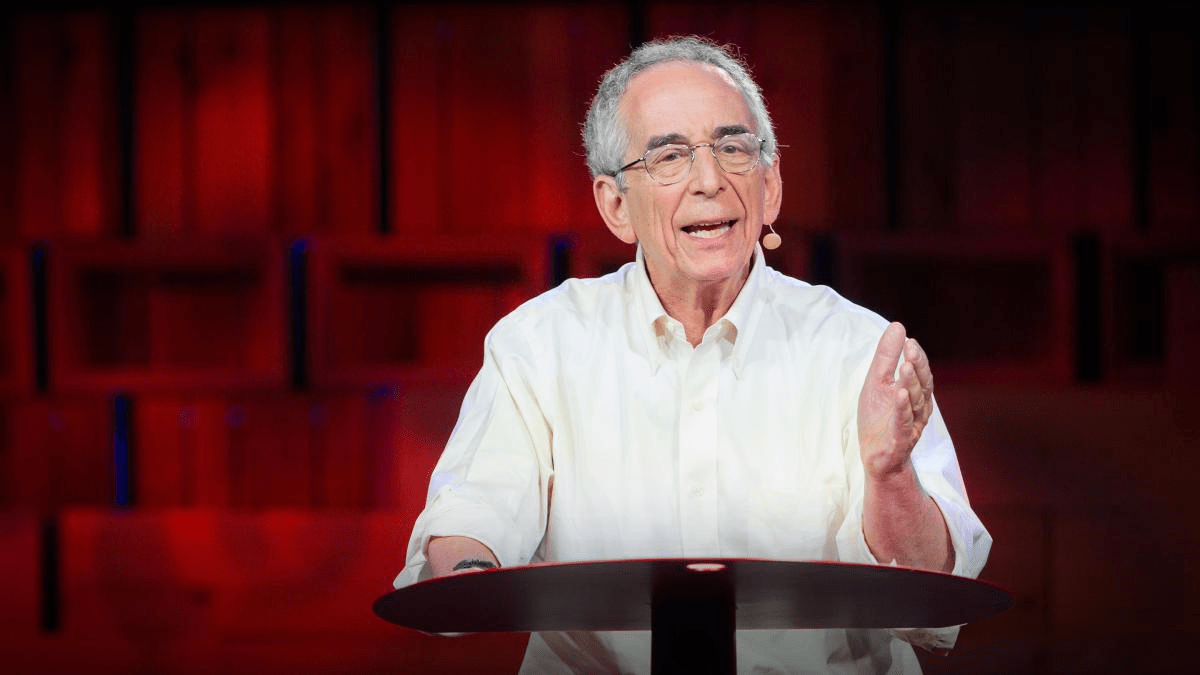
Engaged in your work, or just acting?
Starr Coaching’s Michael Fryer explores the importance of truly sustainable engagement among middle managers – and how to achieve it.
In business, middle managers are a neglected but critical group. Many of them appear engaged in their work – they put in long hours, stay focused on day-to-day tasks and keep saying ‘yes’ to what’s being asked of them – but actually, many of them are not engaged. They’re simply trying to keep an undercurrent of anxiety at bay.
Earlier this year, the annual Trends In Global Engagement study by Aon Hewitt revealed that middle managers and professional employees* are now less engaged than non-managerial employees, with only 59.5% and 61% respectively engaged. This contrasts with an engagement score of 75% for executives and senior managers.
How people behave, and what they say publicly, does not always reflect what they really think and feel. So employees can appear engaged and positively motivated when they’re not. Managers have learned that high productivity and discretionary effort are what’s expected – as a matter of necessity, not desire.
Trust must be rebuilt
We talk to managers from many sectors. Many believe that job security depends on appearing to be engaged. This is called transactional engagement and does not include an individual truly valuing what they are doing. So instead of ‘I get why this is important’, they feel compelled to ‘look like I’m loving this’.
Towers Watson found that “job security is the key reason to join an organisation”, based on the responses of 41% of employees and 26% of employers; while only 43% of employees feel ‘understood’ by their employer.
Managers tell us that they don’t feel safe enough to ask for help or appear vulnerable; and that there’s an implied expectation that they should be ‘bulletproof’ – immune to pressure and stress as their jobs get bigger; and able to cope with constant changes such as restructures and downsizes. As they strive to deliver, the situation feels unsustainable.
So many of our coaching conversations contain issues of disengagement, burnout, or a desire to get out and find a simpler situation.
The answer? A different style of conversation
According to findings by Aon Hewitt, managers are the strongest link in driving employee engagement – and yet 60% of managers spend a maximum of five days a year on activities relating to engagement levels.
Senior managers and leaders need to learn how to support the wellbeing and emotional engagement of the people who work for them. By focusing on both engagement and wellbeing, we build sustainable engagement – literally a personal and positive emotional engagement that individuals are able to maintain.
A line manager who listens, builds trust and coaches effectively can understand the pressure an individual is feeling – and their tolerance for it. During conversation, they are there to help that person develop strategies to cope with workload and pressure, plus reduce undue stress. Crucially, they also demonstrate that they care in a practical way, which is a key enabler of sustainable engagement.
The equation is simple: the more engaged your managers truly are, the more time and effort they are willing to spend on engaging their people. Engagement builds engagement.
Starr Coaching can teach your managers to use coaching conversations to build sustainable engagement. Want to know more? Get in touch.
[* Experts with the title ‘manager’ due mostly to their intellectual/technical role.]


























